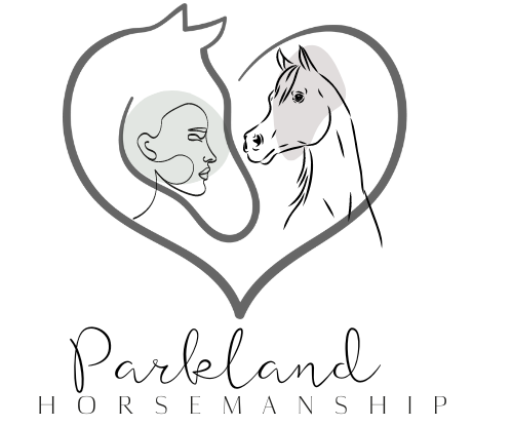Working with horses offers children an exceptional way to explore concepts like success, failure, starting over and perseverance. Children learn responsibility and patience while creating an enduring relationship between horse and rider.
Before and during an intervention consisting of activities with horses at a farm, perceptions of social support, self-esteem and general self-efficacy were assessed both pre and post. A correlation was identified between reduced perceived social support levels and development of mastering skills for riding horses.
Learning to Ride
Horseback riding teaches kids important life lessons beyond physical health benefits. Riding helps them understand success, failure, starting over, perseverance and hard work as well as patience, empathy and coping with fear. Riding also fosters teamwork and leadership skills.
Children who learn to ride often form strong connections with their horses and feel an incredible sense of loyalty toward them, while also developing greater confidence as they take responsibility for caring for and leading these large animals.
Working with horses also teaches young people to remain present and mindful in their daily lives, as it requires total concentration on the task at hand. Furthermore, working with horses encourages communication with horses effectively as well as self-control as horses don’t respond well to anger, aggression or frustration – one study published in a medical journal revealed that those participating in equine-assisted activities experienced greater social competence than those who didn’t join.
Learning to Lead
Horses can be intimidating creatures for children, often making them feel timid or scared of them. By learning to manage gentle and safe horses however, children learn how to overcome their fears while building confidence in themselves by learning how to control it effectively.
Children learn responsibility and commitment while caring for a horse by learning to feed, stall clean, groom, saddle and ride it regularly. This has lasting impacts in their daily lives as it encourages greater responsibility in all areas.
Children who interact with horses can develop empathy towards animals and people, which aids their understanding of nonverbal social cues – something particularly helpful for kids with autism, Asperger’s, or behavioral disorders. Furthermore, interactions between teens and equine animals has also proven useful in managing emotions better and dealing with stress or trauma more efficiently.
Learning to Trust
Horses are large creatures that demand respect from humans while also trusting in them as handlers. Children who can form this relationship with a horse often learn more about trusting themselves and understanding they are trustworthy to others as well.
Handling and riding horses requires hard work from children. Children learn responsibility through feeding, grooming, cleaning stalls, and the other associated chores associated with owning and caring for a horse. This teaches children responsibility when it comes to taking care of their belongings; lessons they may apply towards schoolwork or home responsibilities later on in life.
The bond that forms between children and horses can be an immensely positive, lifelong friendship. Many teens participating in Natural Horsemanship programs report experiencing this connection for the first time – leading them towards significant emotional growth and self-awareness. According to a 2015 study, kids who interact with horses tend to show greater compassion toward both animals and nature than their counterparts who don’t interact with horses.
Learning to Communicate
Children and teenagers who struggle with social interactions can use horseback riding to practice healthy, successful relationship skills. Grooming or handling a horse requires them to remain mindful and present – they cannot become distracted by phones, music or any other external stimuli – in the moment; then they must learn how to put themselves in their horse’s place and figure out ways of communicating mutually beneficial messages between each other.
Communication through nonverbal cues may be subtle – such as shifting body weight or ears being slightly off center or tail swishing – requiring skillful manipulation and attention to the moment.
CLASS residents experience a special kind of relationship with horses that helps them build strong communication and problem-solving skills that will serve them in their future career as teachers. Their inter-species connection forms an unbreakable bond that heals, sometimes offering young people their first experience of such devotion and care in life.

